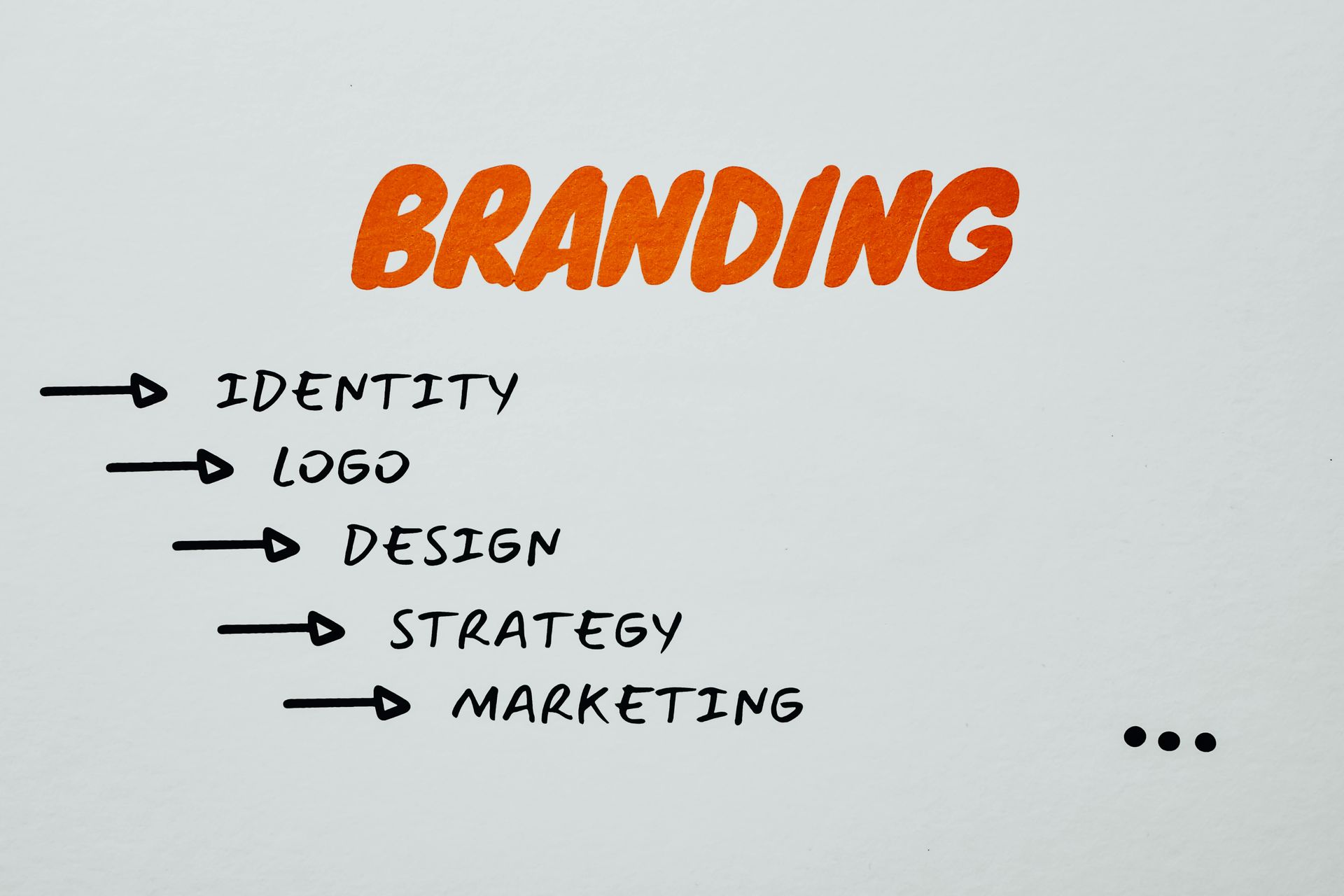How to Increase Your Website Conversions

Regarding web design, search engine optimization (SEO) does not necessarily convert visitors into customers. If the SEO is done well, it can get your rankings, but more is needed to increase your bottom line. No matter how great your rankings are in the search engines, a generic website that does not position your local business as the logical choice will not bring you business in the form of website conversions.
What your small business needs is a marketing-activated website. Your entire website should be designed to bring in leads and grow your business. A quality website should bring in multiple disciplines under the same roof. Instead of just bringing in good SEO, a marketing-activated website will have SEM, branding, conversion optimization, persuasive copy, great design, and code that brings everything together. Every part of your website should work hard to market your business and increase your bottom line.
Why Do Website Conversions Matter?
A website conversion refers to any action customers take while visiting your website. Depending on that action, conversions could look like online purchases, filling out a contact from, or enrolling in a webinar – but that’s just a shortlist.
Across all industries, data shows an average conversion rate of 2.35%, with the top 25% of organizations reporting a conversion rate of over 5%. If you aren’t tracking your conversion rate, now’s the time to do it, and if you keep an eye on your numbers and they’re lower than you’d hoped, it’s time to take some actionable steps.
Show Them a Hero (Section)
Making a great first impression on website visitors is the best and most efficient way to boost your conversion rates. The “ hero section ” refers to optimized copy placed front and center, making it the first thing visitors see.
In the copy of this hero section, point out the problem your business solves, the value your solutions provide, and how you can help visitors (eventually customers) reach their “dream state” by utilizing your products or services.

Give Them Proof
By building a full-fledged reputation marketing strategy for your company, you can harness the power of what your happiest customers have to say on your behalf. Getting great reviews and knowing how to use them is how you leverage your good reputation and help more prospects get to know and trust you – and ultimately recommend you to their friends and colleagues, too.
Once you have those reviews, you’ll want to share them on your website along with the information and logos of the partners you work with. Social proof offers concrete evidence that what you’re offering works.
Find a Marketing Expert
If you’re simply working with a web developer or web designer, you’re not going to get the web design you need to grow your local small business. These people are not designing a website with your bottom line in mind. Most developers and designers are simply thinking about their bottom line, even if they are great people.
You need to work with a professional with the experience and extensive training in building marketing-activated websites. A marketing consultant understands the power of building a website that is both a business growth and lead generation system. Instead of working with someone who only sees the design of your website and their bottom line, you want to work with an experienced marketing consultant whose goals are aligned with yours.

Consider Us
Ultimately, boosting website conversions means investing in a comprehensive marketing package. Digital marketing, content marketing, SEO, website creation, social media, and email can be confusing and overwhelming. So why add in the need to manage different vendors across every channel?
Free up your time and lower your overall costs with one of our marketing packages. No matter your industry or business, your clients check you out online. If your website isn’t doing its job, then even the most significant referral will be a tougher sell and will expect to pay you less. Let us help you increase sales and your bottom line.
Do not trust your website to someone who doesn’t understand marketing. Work with a consultant that will help you create a marketing-activated website that brings you results. Contact us today to get started!
The post How to Increase Your Website Conversions appeared first on Cole Dalton.









